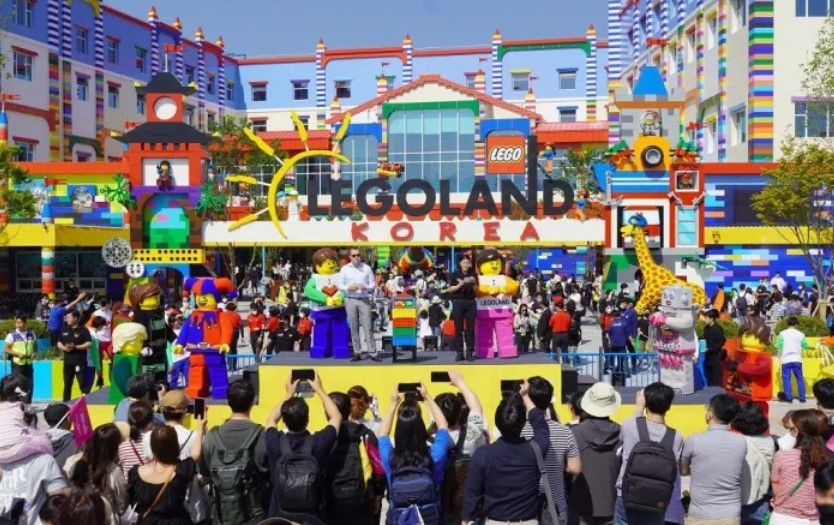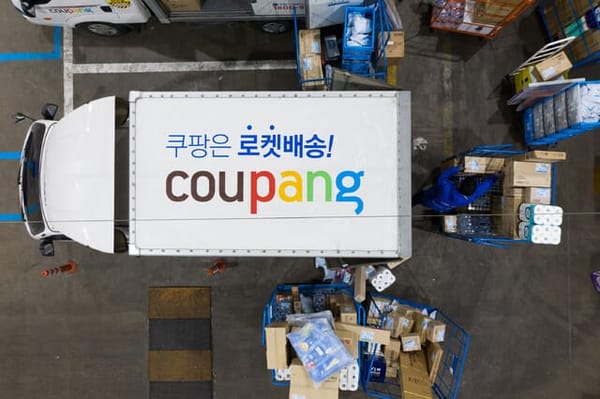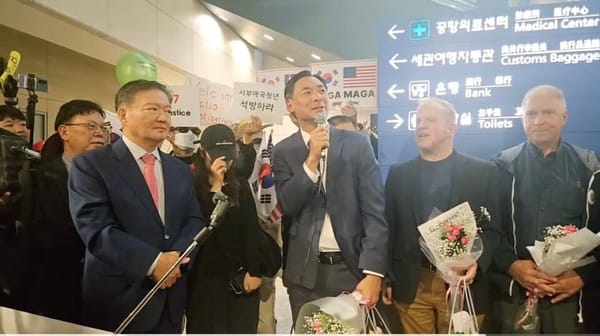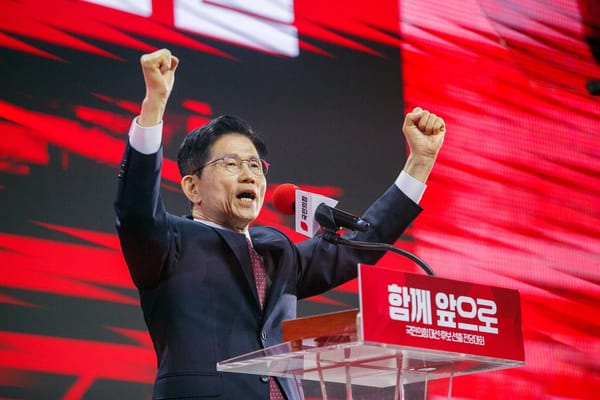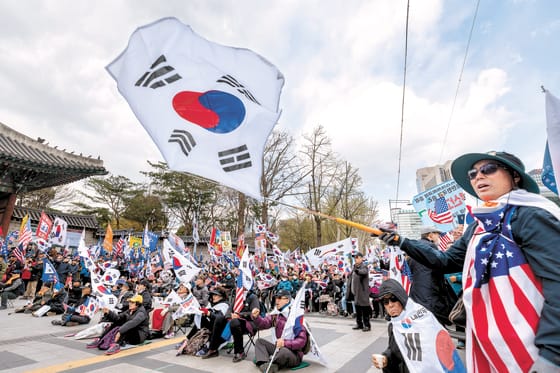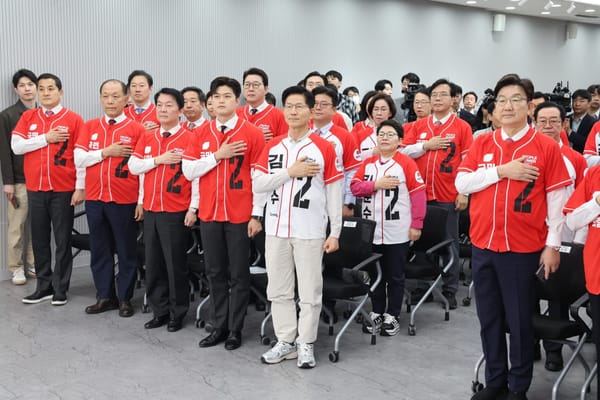Photo: Legoland Korea. Credit: Legoland Korea.
South Korea’s bond market was shaken when, on September 28, the newly elected Gangwon-do Province governor Kim Jin-tae 김진태 announced that the provincial government will not pay back the debt of the Gangwon Jungdo Corporation (GJC) 강원중도개발공사, a special purpose entity established to construct and operate the Legoland amusement park in Chuncheon, Gangwon-do Province 강원도 춘천.
Rather than honoring the debt, Kim said, GJC will undergo a restructuring, making it inevitable that holders of GJC’s bonds will take a significant loss.
Legoland Korea, which had only opened five months ago in May, immediately fell into financial difficulties. Nevertheless, the bonds issued by GJC, valued KRW 205b (USD 143m), were considered a safe investment with an A1 rating, as they were guaranteed by the provincial government. With Kim’s announcement, however, GIC’s commercial paper ratings dropped overnight to D rating, or below junk bond status.
Some have criticized Kim, who was elected in the Local Elections 지방선거 held in May, for making a politically motivated decision. Opening Legoland in Chuncheon was a signature achievement of the outgoing liberal governor Choi Mun-sun 최문순, whose aggressive drive for development made Gangwon-do Province one of the few non-Seoul areas in the country to have increased in population in recent years. (See previous coverage, “Gangwon-do Revitalized.”)
But Kim, a far-right personality known for his denial of the massacre in 1980 Gwangju Uprising 광주항쟁, may have been unwilling to honor the debt that Choi left behind. Kim’s sudden turnabout is putting a chill on South Korea’s capital market, especially for project financing for local governments.
Desperate to stem the drain of population to the Seoul metro area, South Korea’s provincial governments have raised funds for development projects in a manner similar to Gangwon’s structure for the Legoland development. Currently, more than ten local governments have issued asset-backed commercial papers similar to GJC’s for over KRW 1.3t (USD 0.9b), to finance projects like developing an industrial complex. The precedent set by Gangwon-do could cause the ratings agency to reconsider the A1 ratings given to similar bonds.


